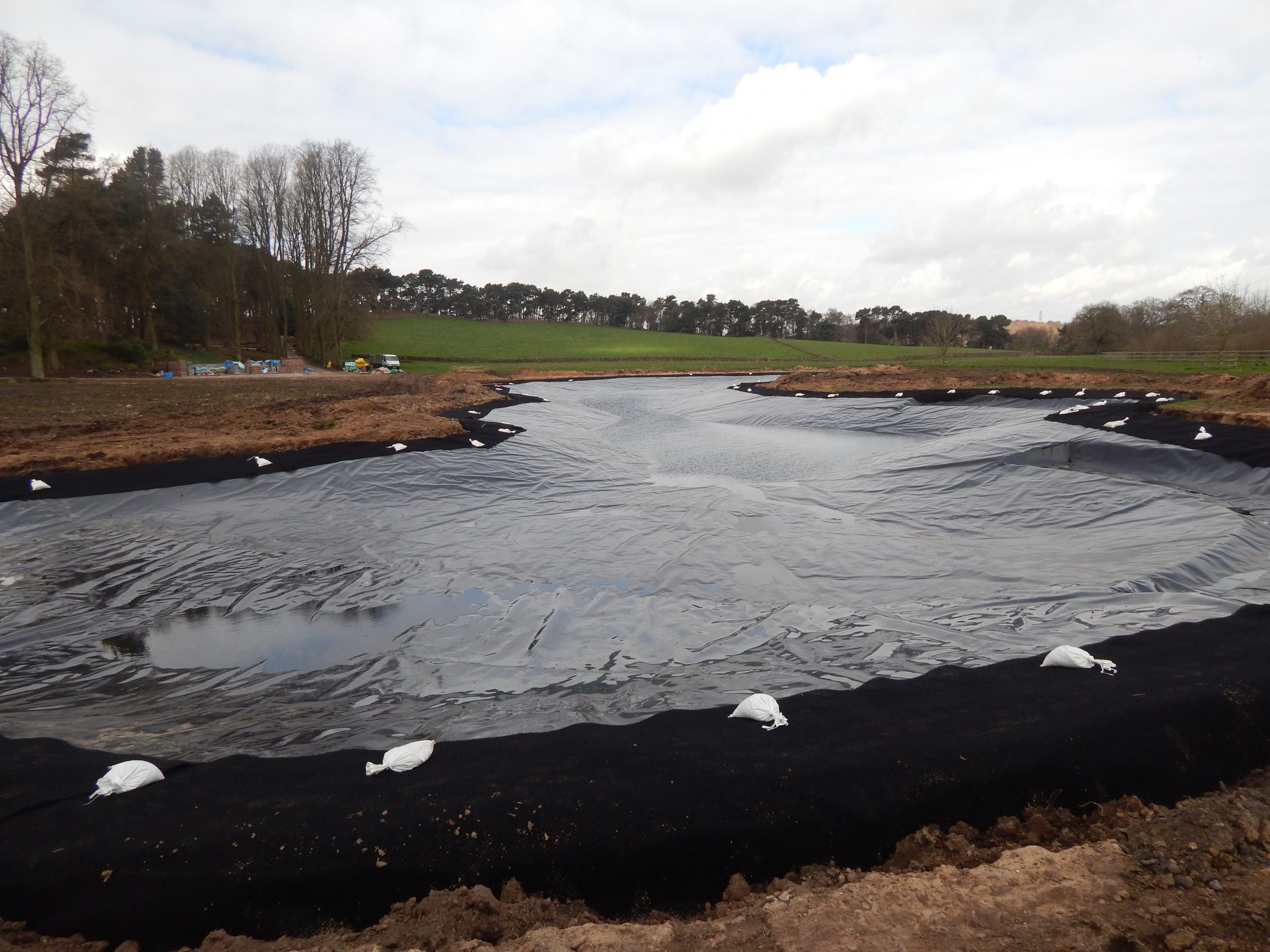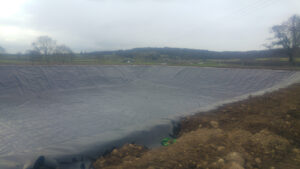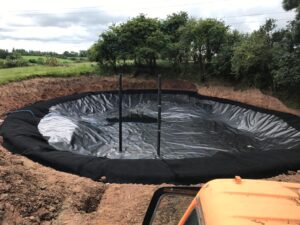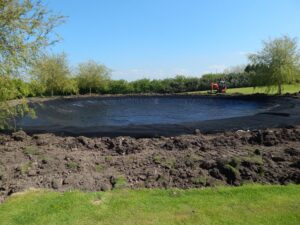Lagoons serve as crucial reservoirs for water storage, especially in areas where natural water sources are limited. To optimise their efficiency in irrigation, incorporating lining systems into lagoons proves to be a game-changer. These systems offer a range of benefits that significantly enhance the utility and sustainability of lagoon-based irrigation practices.
Preventing Water Loss:
One of the primary advantages of employing lining systems in lagoons is their ability to curb water loss. Without proper lining, lagoons can experience seepage, where water gradually seeps through the soil bed, resulting in substantial loss. Lining systems, such as geomembranes or clay liners, act as shields against seepage, ensuring that water remains within the lagoon for effective irrigation purposes.
Improved Water Conservation:
By preventing seepage, lining systems contribute directly to conserving water. This retained water can then be used more efficiently for irrigation, allowing farmers to maximise its use across their fields. Such conservation efforts are particularly crucial in regions facing water scarcity, where every drop counts.
Cost-Efficiency:
While investing in lining systems might seem like an additional cost, the long-term benefits outweigh the initial investment. Reduced water loss means less need for frequent refilling of the lagoon, which translates to cost savings in the long run. Moreover, efficient water use can lead to increased crop yield, further contributing to financial gains for farmers.
Environmental Protection:
Lining systems not only benefit farmers but also play a pivotal role in environmental preservation. By preventing seepage, they minimise the risk of groundwater contamination from agricultural runoff, safeguarding the surrounding ecosystem’s health. This proactive measure contributes to maintaining the ecological balance in the area.
Flexibility in Irrigation Practices:
With a lined lagoon, farmers gain greater control over their irrigation schedules and practices. The assurance of water retention allows for strategic planning and efficient distribution across fields. This flexibility empowers farmers to optimise their irrigation methods according to crop needs and weather patterns.
Conclusion:
Incorporating lining systems into lagoons for irrigation purposes is a transformative step toward sustainable agriculture. These systems offer a range of benefits, from preventing water loss and conserving resources to providing cost-effective solutions for farmers. Additionally, they contribute significantly to environmental protection by curbing contamination risks. As the agricultural landscape evolves, embracing and implementing lining systems in lagoons will continue to be a cornerstone for efficient and responsible water usage in farming practices.
To find out more about our products and services and how we can help you, please contact us using the below –
Tel: 01695 228626
Email: enquiries@enviroseal.co.uk





